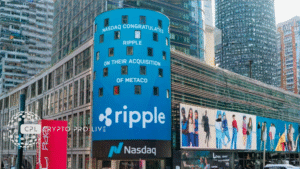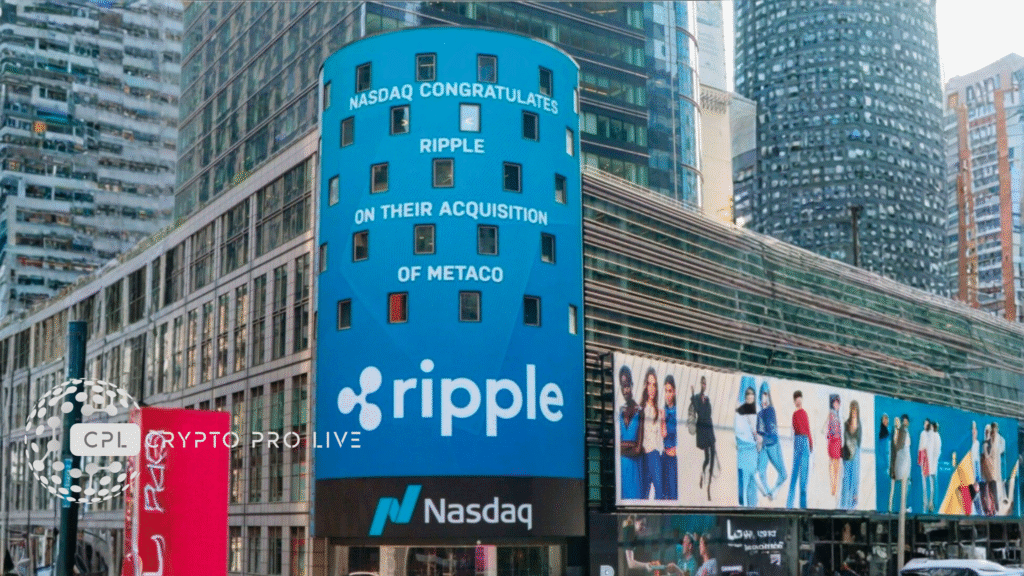As Bitcoin continues to solidify its presence in global finance, central banks worldwide are re-evaluating their stance on digital assets. South Korea’s Bank of Korea (BoK) recently made headlines by expressing a cautious approach toward integrating Bitcoin (BTC) into its foreign exchange reserves, citing volatility concerns and liquidity risks.
The Institutional Hesitation Toward Bitcoin Reserves
Despite growing global interest, the BoK has yet to actively discuss or review Bitcoin’s inclusion in its reserves. The hesitation stems from Bitcoin’s price volatility, which saw fluctuations between $98,000 and $76,000 in just 30 days. The central bank also emphasized the high transaction costs associated with liquidating BTC during market downturns.
Global Adoption vs. South Korea’s Stance
While South Korea remains cautious, other nations are accelerating crypto adoption. The U.S. recently introduced strategic Bitcoin reserves, signaling institutional confidence in digital assets. Similarly, El Salvador, a pioneer in Bitcoin adoption, has integrated BTC into its national treasury, capitalizing on its store-of-value potential.
Korean crypto lobbyists and industry leaders argue that Bitcoin could enhance economic resilience and hedge against traditional currency fluctuations. Some have even proposed a won-backed stablecoin to bridge traditional finance with decentralized assets.
Will South Korea Rethink Its Bitcoin Strategy?
Despite regulatory caution, the evolution of global finance may pressure South Korea to reconsider Bitcoin’s role in its reserves. If more nations normalize BTC as a strategic asset, the BoK may eventually be compelled to reevaluate its stance or risk falling behind in the digital economy. As central banks navigate the complexities of crypto adoption, South Korea’s conservative approach reflects broader institutional concerns. However, with Bitcoin gaining mainstream recognition, the question remains—will South Korea adapt to the digital shift, or will its caution lead to missed opportunities in the evolving financial landscape?


















